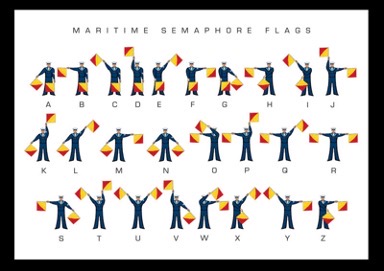The Weekly Reflektion 18/2023
Management visits to worksites are important for both conveying messages and receiving information and are typically included in the company Key Performance Indicators (KPIs). The intention is encouraging management to move away from their back-to-back meetings and ‘little time to reflect’ working day and go out and see how the workers are surviving at the sharp end.

What signals do you send when you visit the worksite?
Professor Andrew Hopkins has published many books and papers related to Major Accidents and we read these avidly. He provides interesting insights into human behaviour andhow management and company culture influences safety. His paper ‘Management Walk-arounds: Lessons from the Gulf of Mexico Oil Well Blowout’ is the inspiration for this week’s reflektion.
Just before the Macondo well blow out in the Gulf of Mexico 20th April 2010 a group of vice presidents (VPs), two from Transocean and two from BP visited the Deepwater Horizon drilling rig. They were presenting a prize in recognition of the safety record on the rig, seven years without a loss time incident (LTI). This was an opportunity for the management to convey their thanks and an opportunity for BP and Transocean senior management to be seen together with a common focus on safety. The management were also focussed on experience transfer and one of the VPs had an example of a slip on another rig and another VP was focussed on safety harnesses and picked up that some harnesses were not tagged properly. They engaged with the rig crew on these subjects and carried out some onsite inspections.
At the time the rig crew were struggling with the Macondo well. One of the VPs expressed concern that there seemed to be some confusion among the rig crew, perhaps a sixth sense that something was not quite right, and requested the Rig Manager who accompanied the VPs to follow up. The Rig Manager discussed the ongoing challenges with the rig crew and returned with a thumbs up, all OK.
The VPs understood that the rig crew was in the process of removing one of the last safeguards against a blowout and did not intervene with critical questions. They were all experienced drilling people, however did not ask for any details on the critical operation that was ongoing and were not asked for advice.
One of the important points in Hopkins paper is the tendency of management to focus on conditions rather than behaviours. It is relatively easy to check that the anti-slip coating on the drill floor is damaged or safety equipment is tagged correctly.It is more difficult to assess peoples’ behaviours and how they are working together on critical operations. To do this the management may need to stop the job and ask critical questions on both technical, operational, and organisational issues. After all, if four VPs from the operating company and the drilling contractor do not stop the job to ensure it is being carried out safely how can we reasonably expect the people at the workface to do this?
The VP management visit was arguably an opportunity lost.With the benefit of hindsight, we can see how another approach from the VPs may have prevented the blowout on the Macondo well that killed 12 people.
Reflekt will organise our first live breakfast seminar post COVID on Wednesday 3rd May at Ipark in Ullandhaug, Stavanger. Follow our website for more details. https://reflekt.as/events/
